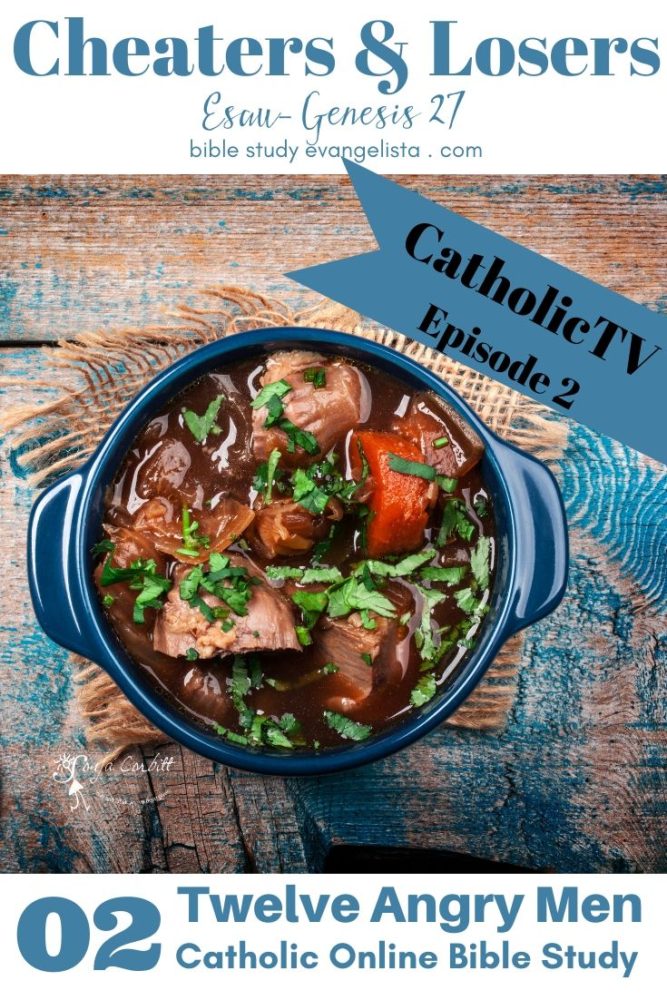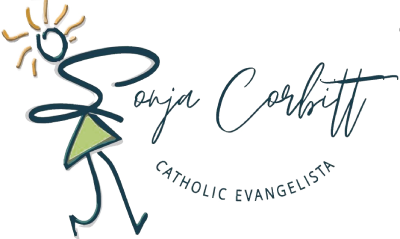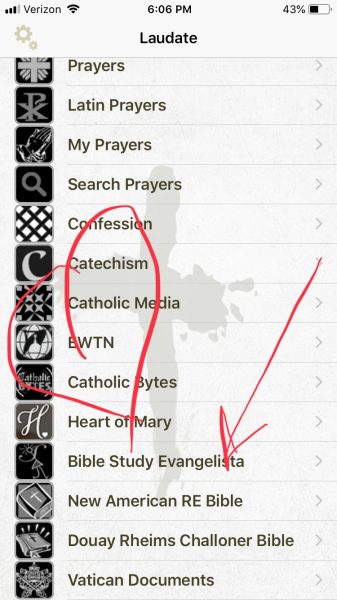
02_Esau: Cheaters & Losers - Premium Content
Esau’s life is the story of a man who traded his soul for fleeting pleasure, and grew incensed when he experienced the consequences of his presumption. He sold his birthright, which included not only material benefits and family privileges, but spiritual blessings as well, for a single bowl of stew. “He ate and drank, and rose and went on his way” (25:34) without giving a second thought to what he had done. He did it, it felt good, and only much later did he come to regret it.
.
[Special note: Thank you for your patience as we worked through the logistics for being able to offer you the audio for the TV series; we are back on the regular every-Monday email schedule. If you have been largely clueless for the last month or more, please like the Sonja Corbitt Facebook page, where we keep you in the loop on the latest updates – including showtimes, online viewing, when the next email will arrive in your inbox, when the newest series will begin, what new books or study I’ve begin writing, etc.]

Thank you to my newest Friends of the Show, Dahn W; Tami S; Lisa P; and James C, for loving and lifting me!
LOVE the Word® is a Bible study method based on Mary’s own practice: lectio without the Latin. Get the book based on her method in the right margin, How to Pray Like Mary.
L – Listen (Receive the Word.)
If you’d rather watch the video, you can do that here.
O – Observe (Choose one or more of the following personality approaches to connect the passage to your life and recent events.)
F | Franciscan – The story shows that if you trade your soul to satisfy your flesh, you’ve made a bad deal. Do you eat because you’re hungry, or because you’re bored, or hurt, or something else?
As you eat your next meal, or catch yourself in your next self-medicating habit, consider what you trade for it: health? sin? wasted time? wasted money? a bad example or reputation?
I | Ignatian – When you place yourself in this narrative, are you Jacob, the sneaky one, or Esau, the presumptuous one? When you imagine this exchange using all your senses, what feelings rise to the surface? When have you been angry like Esau for being tricked and/or presumptuous?
A | Augustinian – Someone said the difference between school and life is that in school, you’re taught a lesson and then given a test. In life, you’re given a test which teaches you a lesson.
Esau’s decision to sell his birthright to Jacob was like that. My guess is this wasn’t the first time the birthright had come up. Perhaps on other occasions Jacob had tested him: “Hey, Esau, what would you take for your birthright?” Had Esau said flat out, “It’s not for sale for any price,” that might have ended the matter. But maybe he left the door open a crack. Perhaps Jacob could tell the birthright just wasn’t very important to Esau.
Maybe Jacob was shrewd enough to spot Esau’s attitude, and used it to take the advantage. Possibly he waited for Esau to come in from the field famished. As his brother, Jacob should have gladly given Esau a bowl of soup. But instead he used it to take away Esau’s birthright.
Where are you in danger of losing something priceless because of fleshly craving and presumption?
T | Thomistic – Here are four possible lessons from this passage on Esau and Jacob:
1. You will lose the greatest blessings if you fail to appreciate them.
2. Small choices can have drastic consequences.
3. The flesh makes things seem essential that really are not.
4. It is sin to grab the right things for the wrong reasons or in the wrong way.
What area of your life is the Lord speaking to you about through these lessons?
V – Verbalize (Pray about your thoughts and emotions.)
Remembering that He loves you and that you are in His presence, talk to God about the particulars of your O – Observe step. You may want to write your reflections in your LOVE the Word® journal. Or, get a free journal page and guide in the right-hand margin.
E – Entrust (May it be done to me according to your word!)
“Let nothing trouble, Let nothing frighten . . . Patience obtains all things. Whoever has God lacks nothing; God alone suffices” (St. Teresa of Avila). Amen.+
.
*Find out your prayer temperament with this quiz! LOVE the Word® exercises are offered according to FIAT: the four personalities, or “prayer forms,” explored in Prayer and Temperament, by Chester Michael and Marie Norrisey: Franciscan, Ignatian, Augustinian, and Thomistic: FIAT! These prayer forms correspond to the Myers-Briggs personality types.
Join me! 2020 Holy land pilgrimage, April 13-24
Bible Study Evangelista is on the Laudate app!
Share the LOVE
Share the LOVE on the Facebook community. Tell me your #LOVEtheWordtakeaway for this week’s show.
Read the Transcript
You can download a complete, word-for-word transcript here, when it becomes available, courtesy of Dora Donovan who does our transcripts for you.



